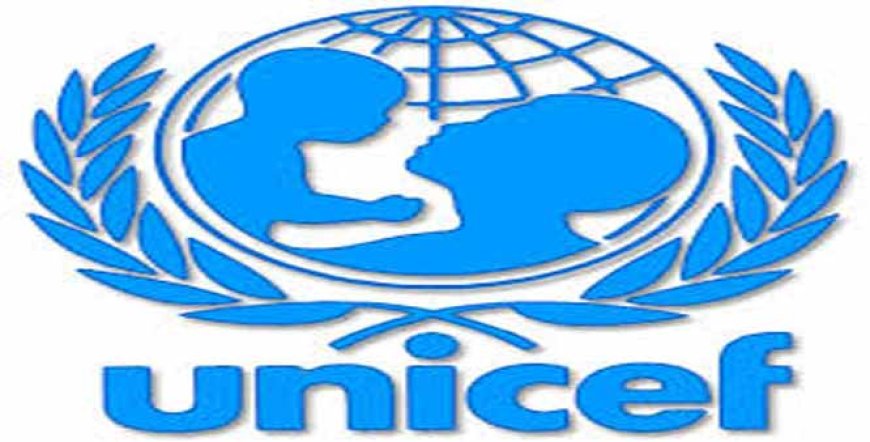FG, UNICEF warn media against harmful reports

The United Nations Children’s Fund, in collaboration with the Federal Ministry of Information, has commenced a two-day regional workshop in Kano to equip journalists with the skills and ethical principles required for reporting stories involving children.
The workshop, which began on Monday at Tahir Guest Palace, Kano, drew participants from Kano, Katsina, Kaduna, Sokoto, Zamfara, Jigawa, Kebbi, Nasarawa, Niger, and the Federal Capital Territory (FCT), Abuja.
In his keynote address, the Head of UNICEF’s Kano Field Office, Mr. Rahama Muhammad described ethical reporting of children as “a vital service to democracy and to the community,” stressing that journalists must place the best interests of children above sensationalism.
“Ethical journalism builds trust, protects the vulnerable, and strengthens social cohesion,” Muhammad said.
A sensational headline about a child might sell newspapers, but an ethical story protects the child’s right to a future free from shame and harm.”
He warned against publishing names, photographs, or other identifying details of children affected by violence, conflict, or abuse, noting that such reporting could re-traumatise victims, stigmatise families, and inflict long-lasting damage.
The UNICEF official highlighted three core reasons for ethical child reporting which includes to build trust and reduce social division in a diverse country like Nigeria, protect the dignity and safety of vulnerable children and enhance journalistic credibility in an era of misinformation and social media chaos.
Muhammad thus urged journalists to support ongoing efforts to enforce laws protecting children’s rights, warning that individuals posting harmful content about children online could face prosecution.
Similarly, Mr. Toye Falayi, Head of the Child Rights International Bureau of the Federal Ministry of Information, in his welcome address, urged participants to balance compelling storytelling with the highest standards of journalistic integrity.
“As journalists, you have a critical role in safeguarding children’s rights and influencing decisions affecting them,” Falayi said.
“This training is an opportunity to deepen understanding of child protection laws, ethical principles, and the specific vulnerabilities of children in Nigeria.”
He acknowledged the collaboration of media professionals and child rights advocates nationwide, noting that while progress has been made in drawing attention to issues affecting children, “much more still needs to be done to ensure Nigerian children thrive in a safe and dignified environment.”
The two-day workshop continues through Tuesday, with sessions focusing on practical scenarios, legal frameworks, and professional standards for ethical child reporting in Nigeria’s complex security and cultural landscape.

 admin
admin 


